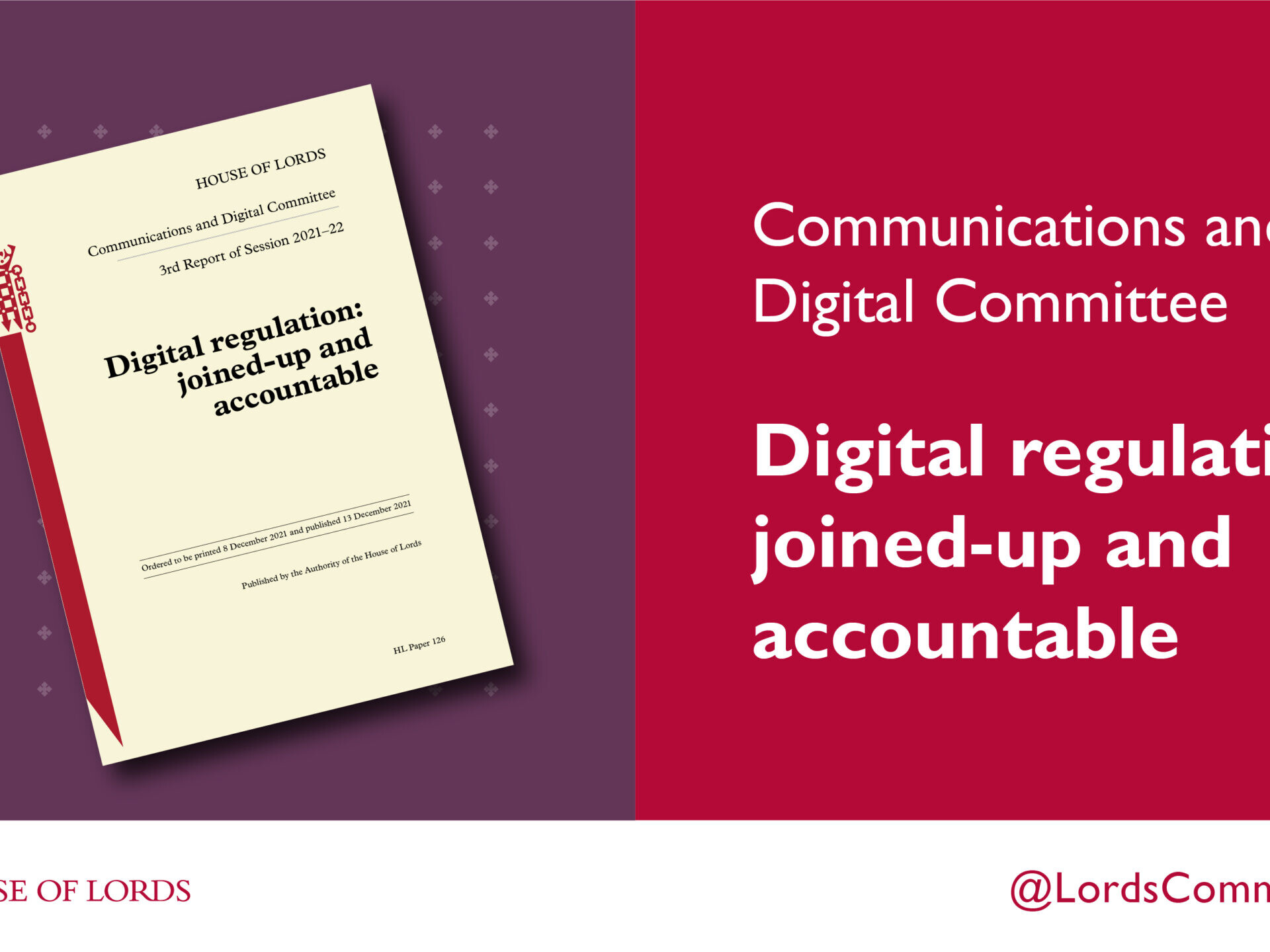As part of the debates on the Data Protection Bill I recently advocated for a new Digital ID theft offence . This is what i said.
It strikes me as rather extraordinary that we do not have an identity theft offence. This is the Metropolitan Police guidance for the public:
“Your identity is one of your most valuable assets. If your identity is stolen, you can lose money and may find it difficult to get loans, credit cards or a mortgage. Your name, address and date of birth provide enough information to create another ‘you’”.
It could not be clearer. It goes on:
“An identity thief can use a number of methods to find out your personal information and will then use it to open bank accounts, take out credit cards and apply for state benefits in your name”.
It then talks about the signs that you should look out for, saying:
“There are a number of signs to look out for that may mean you are or may become a victim of identity theft … If you think you are a victim of identity theft or fraud, act quickly to ensure you are not liable for any financial losses … Contact CIFAS (the UK’s Fraud Prevention Service) to apply for protective registration”.
However, there is no criminal offence.
Interestingly enough, I mentioned this to the noble Baroness, Lady Morgan; Back in October 2022, her committee—the Fraud Act 2006 and Digital Fraud Committee—produced a really good report, Fighting Fraud: Breaking the Chain, which said:
“Identity theft is often a predicate action to the criminal offence of fraud, as well as other offences including organised crime and terrorism, but it is not a criminal offence. Cifas datashows that cases of identity fraud increased by 22% in 2021, accounting for 63% of all cases recorded to Cifas’ National Fraud Database”.
It goes on to talk about identity theft to some good effect but states:
“In February 2022, the Government confirmed that there were no plans to introduce a new criminal offence of identity theft as ‘existing legislation is in place to protect people’s personal data and prosecute those that commit crimes enabled by identity theft’”.
I do not think the committee agreed with that at all. It said:
“The Government should consult on the introduction of legislation to create a specific criminal offence of identity theft. Alternatively, the Sentencing Council should consider including identity theft as a serious aggravating factor in cases of fraud”.
The Government are certainly at odds with the Select Committee chaired by the noble Baroness, Lady Morgan. I am indebted to a creative performer called Bennett Arron, who raised this with me some years ago. He related with some pain how he took months to get back his digital identity. He said: “I eventually, on my own, tracked down the thief and gave his name and address to the police. Nothing was done. One of the reasons the police did nothing was because they didn’t know how to charge him with what he had done to me”. That is not a good state of affairs. Then we heard from Paul Davis, the head of fraud prevention at TSB. The headline of the piece in the Sunday Times was: “I’m head of fraud at a bank and my identity was still stolen”. He is top dog in this area, and he has been the subject of identity theft.
This seems an extraordinary situation, whereby the Government are sitting on their hands. There is a clear issue with identity theft, yet they are refusing—they have gone into print, in response to the committee chaired by the noble Baroness, Lady Morgan—and saying, “No, no, we don’t need anything like that; everything is absolutely fine”. I hope that the Minister can give a better answer this time around.
30th July 2022
Coordination of Digital Regulation Crucial
6th August 2021
Digital ID: What’s the current state-of-play in the UK?
16th December 2014
Government Rides to Rescue of Levy
9th December 2014






